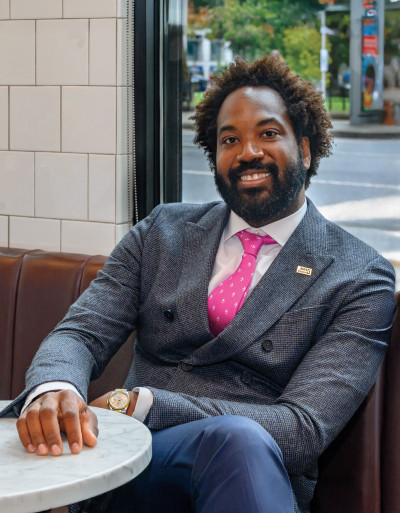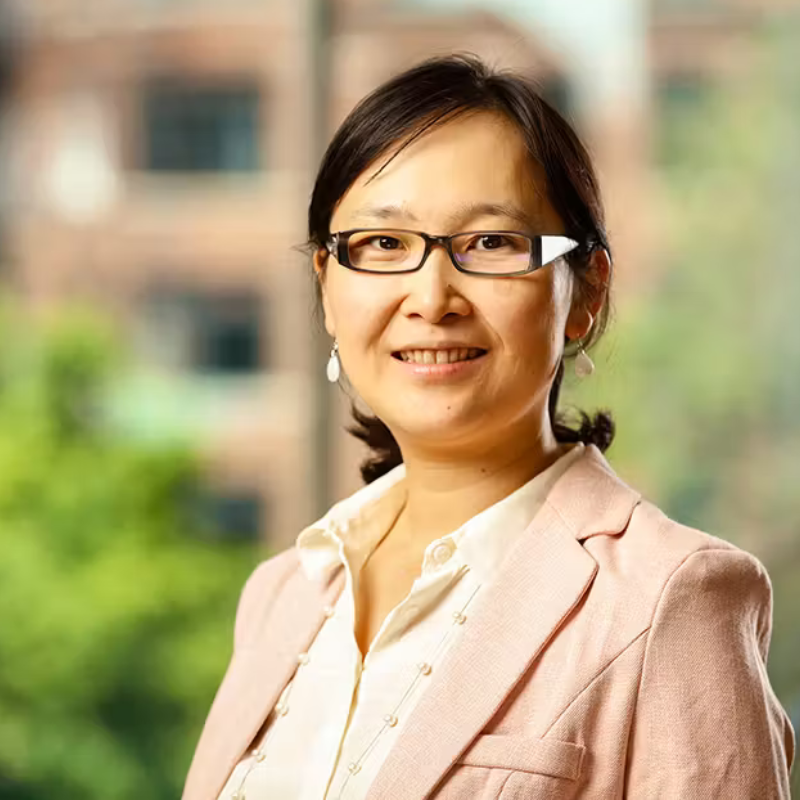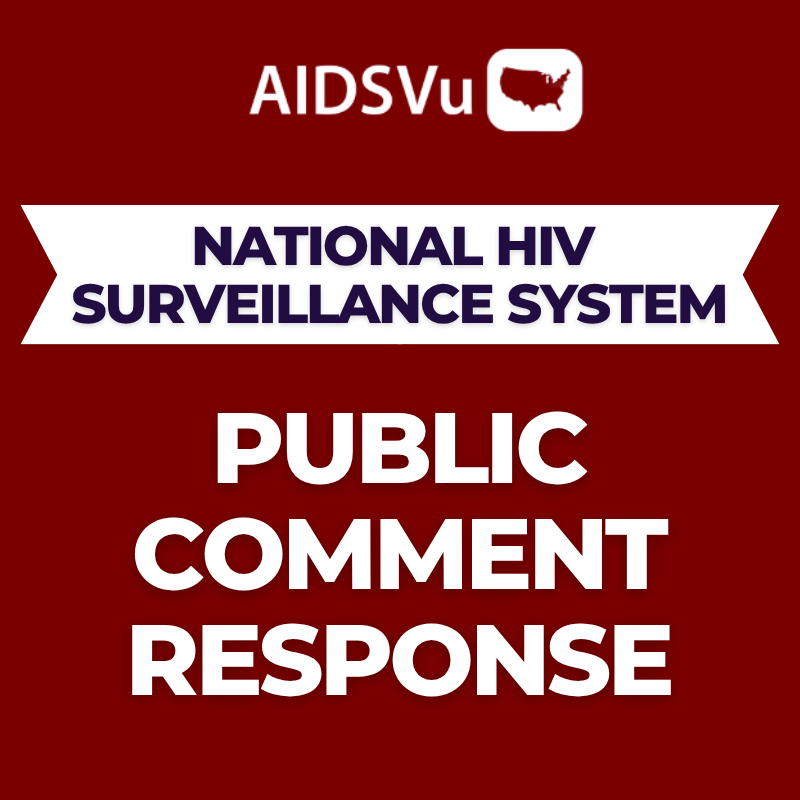Dafina Ward, J.D., is the interim Executive Director of the Southern AIDS Coalition
Q: Your career has been focused on addressing health disparities in the South, specifically for underserved groups like Black women and LGBTQ youth. How did you become interested in this particular aspect of HIV research and care?
That part of my career really grew out of the work I did as a law student and an attorney. I grew up in the South and eventually returned after attending Temple University for Law School. During law school, I was given the opportunity to work for public interest groups like the Homeless Advocacy Project and the Southern Poverty Law Center. At the Southern Poverty Law Center, I saw a lot of disparities in our legal system and noticed how they correlated with health and wellness issues within the urban and rural areas of our community. One, in particular, was a class action case for inmates in rural county jails who were not receiving adequate healthcare. We learned that some of these folks who were incarcerated were living with HIV and did not have access to the care and medication they needed. This case really opened my eyes to the way that HIV intersects with a range of other issues.
For me, it was a natural progression to shift away from my original focus on the legal challenges facing the most marginalized in our community towards working to identify and prevent health disparities that affect those same communities.
Q: In 2017, the South accounted for approximately 45% of all people living with an HIV diagnosis and 52% of all new HIV diagnoses. This is despite the region only comprising one-third (38%) of the U.S. population. How does the Southern AIDS Coalition work to address the disproportionate impact that HIV has on the South?
The Southern AIDS Coalition (SAC) works in a number of ways to do that. Since the beginning, our core focus has been raising awareness and increasing the conversations around policy and advocacy related to HIV in the South. Often when these conversations about the funding and resource allocation for HIV prevention happen at the federal level, there was an assumption that HIV was only an issue for large urban areas, so rural and suburban communities were often an afterthought. SAC really grew out of a desire to increase the profile and support about the needs of the South. Currently, SAC continues this mission by supporting the development of policy priorities in collaboration with groups from around the region, and at the federal level.
We work to build opportunities for those living in the South who are impacted by HIV, who care about those impacted by HIV, and who are in positions of power to increase awareness and resources. We really try to address these issues in a way that brings folks into the HIV conversation who maybe thought it wasn’t relevant to them personally. By increasing awareness and engagement, we can decrease stigma surrounding HIV.
Q: Your work has focused on the intersection of reproductive health with other key systems of care, including HIV, primary care, and substance use disorders. Why is it important to understand these intersections, and how can that lead to better health policies?
I really think it is important to know the people we are serving and recognize we must serve the whole person, not just their HIV diagnosis. When people walk through the doors of a clinic, whether it is for HIV care, mental health services, or substance use treatment, they’re bringing their full range of experiences with them. To really address the disparities in the South, we have to stop siloing the issues that people are facing.
There is a need for an intersectional approach in our communities to truly deal with the comprehensive challenges that folks are facing as a result of a range of disparities and challenges. When someone walks into a clinic for HIV care, that is a great opportunity to provide guidance and referrals for help regarding mental health, substance use, or reproductive health. It would be a tragedy to not take the opportunity to build a relationship with someone in one space and link them to the services that they may need.
Q: As the interim Executive Director for the Southern AIDS Coalition, you are responsible for strategically distributing funding to help address HIV-related stigma, discrimination, and health inequities across the South. How does visualizing HIV data help support the decision-making process when it comes to effectively distributing resources?
The data is key. Being able to visualize data helps before we even send a dollar out the door for grants. It helps in the development of focus areas when we’re building requests for proposals to have a sense of where the greatest needs may be demographically, which counties have the greatest HIV burden, and which communities are not currently being served. That’s tremendously important as we make decisions about how we prioritize how grant funds are allocated.
The data is also helpful as we’re talking to communities and organizations that are working to shape their own programmatic priorities. It is important for them to have a sense of what HIV looks like in their respective communities, to understand their own program development, and how to prioritize for the communities that they’re serving. Engaging communities in conversations about the data can also tell us what we’re missing. What are we missing? What questions are we not asking? Data is key throughout the full grant-making process and it allows us to make an informed and strategic decision around our funding. In the long run, when we look at our collective impact, it will allow us to see how we’ve moved the needle and hopefully, see how we made a difference.
Q: Southern AIDS Coalition is convening the first-ever Southern HIV/AIDS Awareness Day coming up on August 20; what is your message to those impacted by HIV/AIDS in the South?
If there was one message it would be that each of us are part of the solution. In fact, the group collaborating around Southern HIV/AIDS Awareness Day is calling it just that –Southern Solutions. We know what our challenges are, and we know that they seem insurmountable at times. However, we can also recognize that every person plays a role in being part of the solution to the HIV epidemic in the South. Whether that is by advocating for policies that support these efforts, or extending kindness and support to someone who’s living with HIV, or by simply making HIV testing part of your regular medical care.
Even if you play a very small part, we can all make a difference and turn the tide. For our small part, we hope that we can shift policy and engage our leaders to create policies that truly prioritize the comprehensive health needs of those who are living with HIV, the communities that are most severely impacted by HIV, and those who are at risk for HIV because of a lack of education or resources.
Southern HIV/AIDS Awareness Day is a conversation starter for all of us. If you want to honestly address the way HIV is impacting our community, then you have to address economic inequality, access to employment, and opportunities in education. This must be a collective effort filled with passionate folks from across disciplines and talents, who are able to focus on this one issue together.




